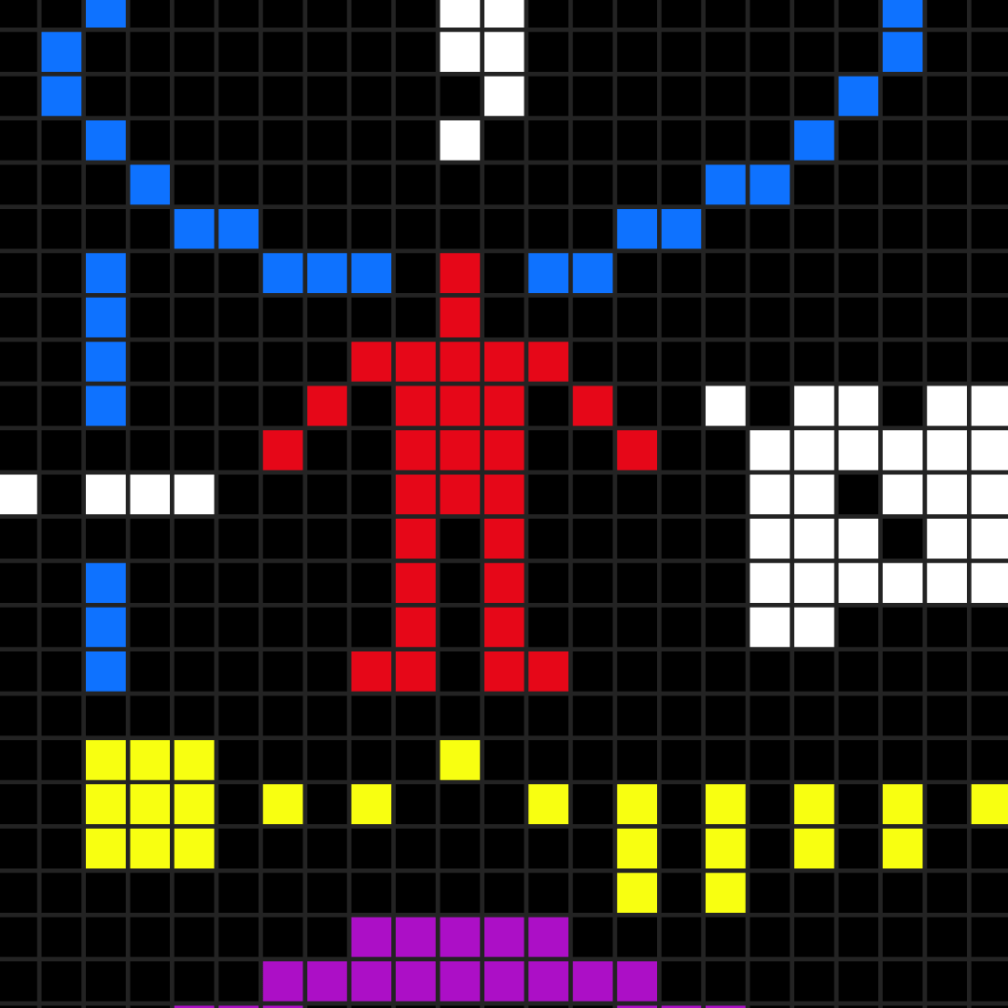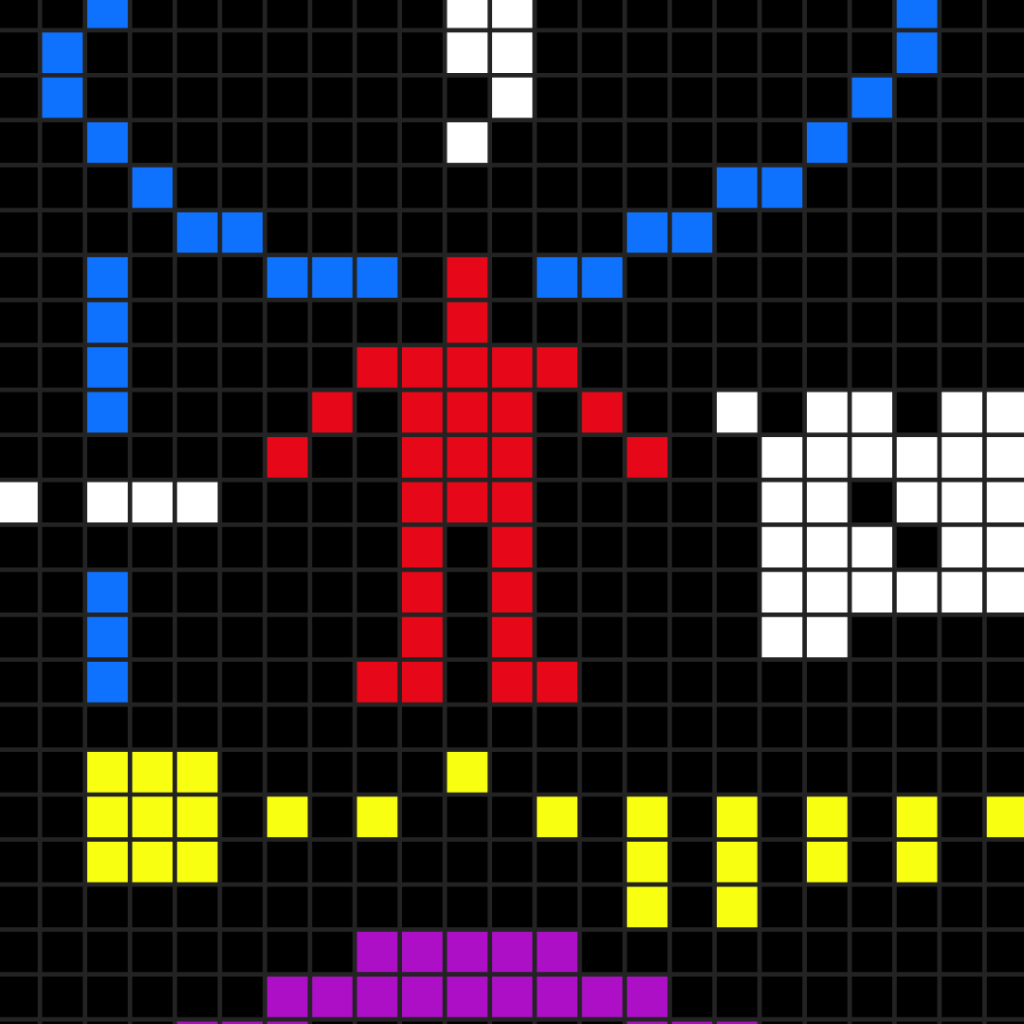
‘You’ll wake Ellie,’ Matt warned, but Rosa was too giddy from the ceremony to heed. She headed tipsily upstairs to check on their three-year-old while Matt paid the babysitter.
‘Did you win the prize, Mama?’ Ellie asked, her eyes drunk with sleep.
‘We sure did, Baby,’ Rosa said, the pride in her voice unmatched by the confusion on her daughter’s face.
‘How did you win it? What did you make?’
The hour was too late for an explanation of how artificial intelligence software could draw upon large language models to predict new strains in the most recent pathogen. But Rosa knew how well her daughter had been schooled in the basics of virology. Not through her own educative efforts. It was just the way of things now.
‘We made something to teach us about the virus,’ she said. ‘A computer that helped us learn its language.’
‘So now you can talk to it? And it can tell you stories?’
Rosa geared herself up to clarify, but Ellie, enchanted by the idea of raconteur viruses, had already drifted back to sleep.
That night Rosa found her own sleep enchanted, by fever dreams produced, ironically, from an infection of the very virus her software was designed to map. Its many variants appeared before her like ridiculously long words in the books of an impossibly large library.
Rosa opened one of the books to discover she could not read.
Her dream self channelled the bedtime conversation with Ellie. What was the point of learning a language if there were no stories to hear?
A disembodied voice emerged from the page like RNA shaking off its protein envelope.
‘The words are not the language. The membrane is the language.’
She watched it drape itself in the lipid bilayers of her own cells, which gave it form. It stood before her, strangely familiar.
‘There you are,’ she said, her heart swelling with recognition and welcome.
‘Nice to meet you,’ said the word, now alive, now a self. It extended its arm to the vast tomes of the expansive library before her, each book a story of her own life, as yet unread.
Would you like to know more about this story? I talk about it in Episode 83 of Structured Visions, ‘Language goes viral’. Subscribe to the podcast on Apple podcasts, Spotify or wherever you like to listen.


